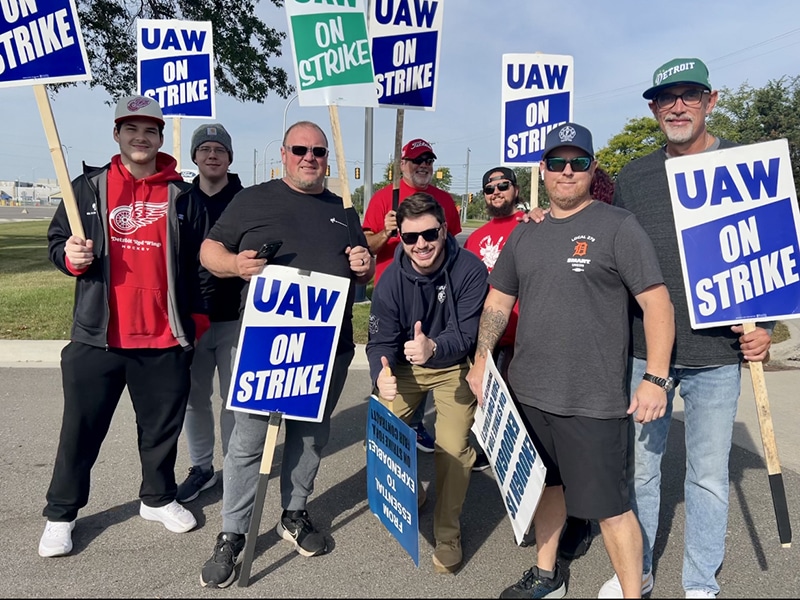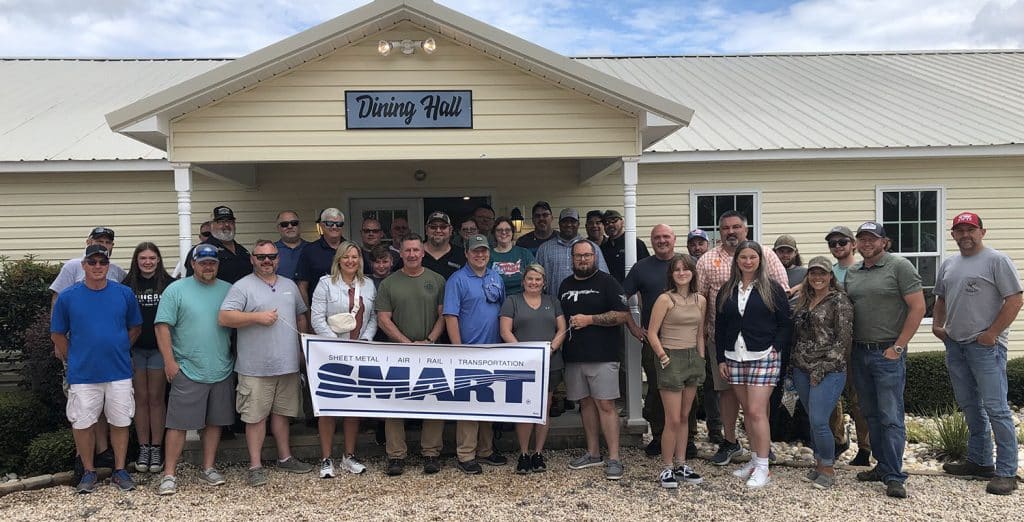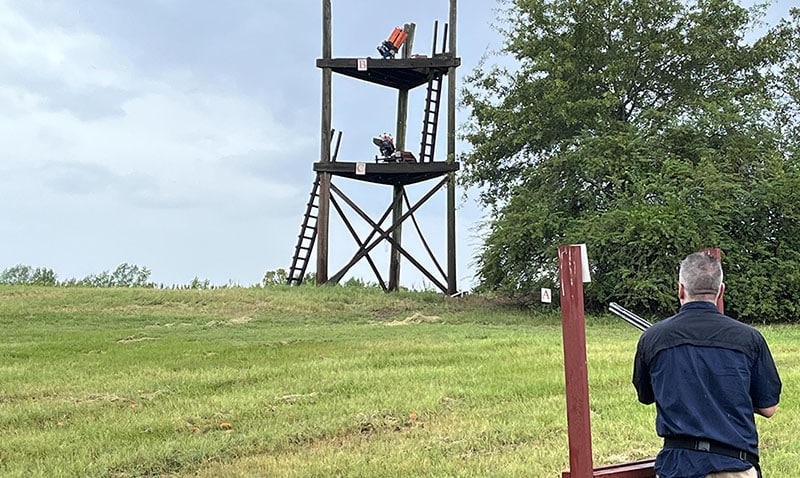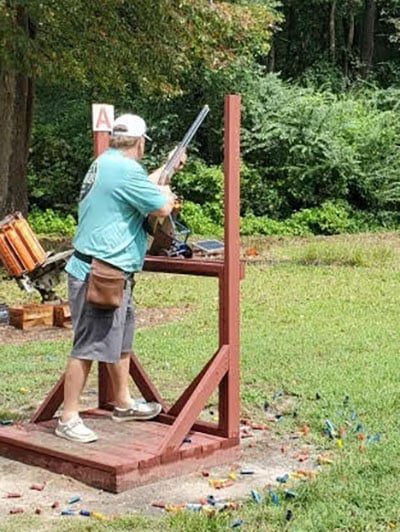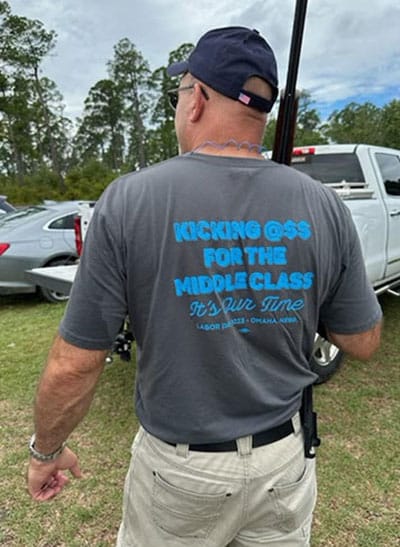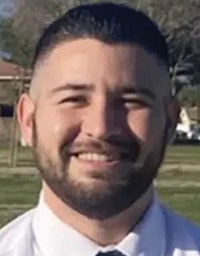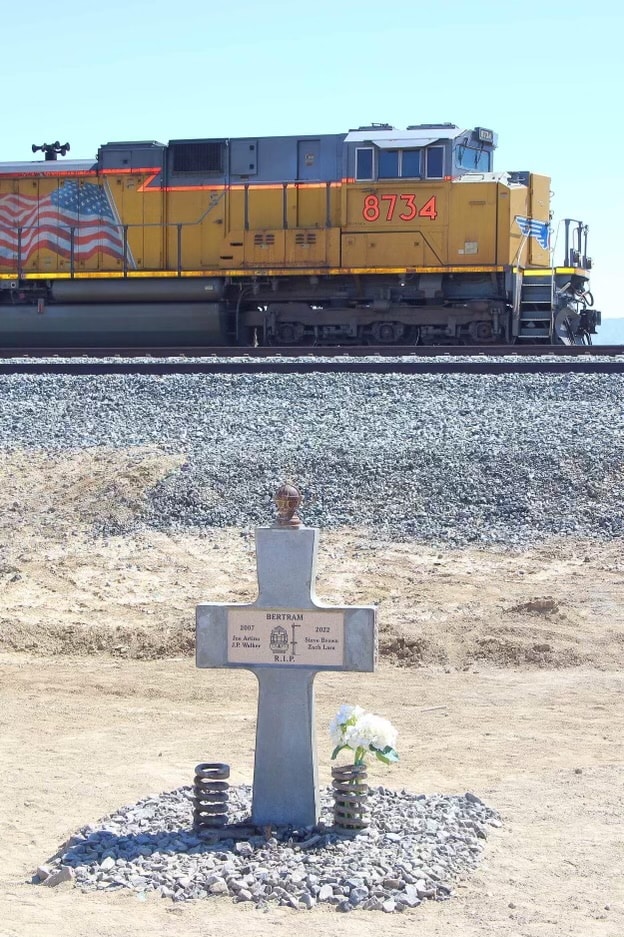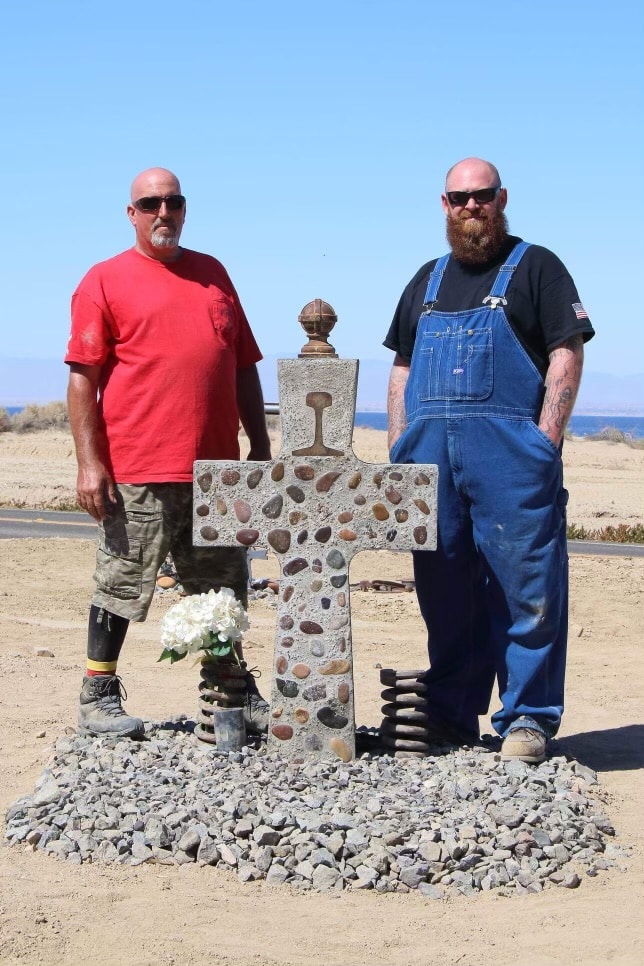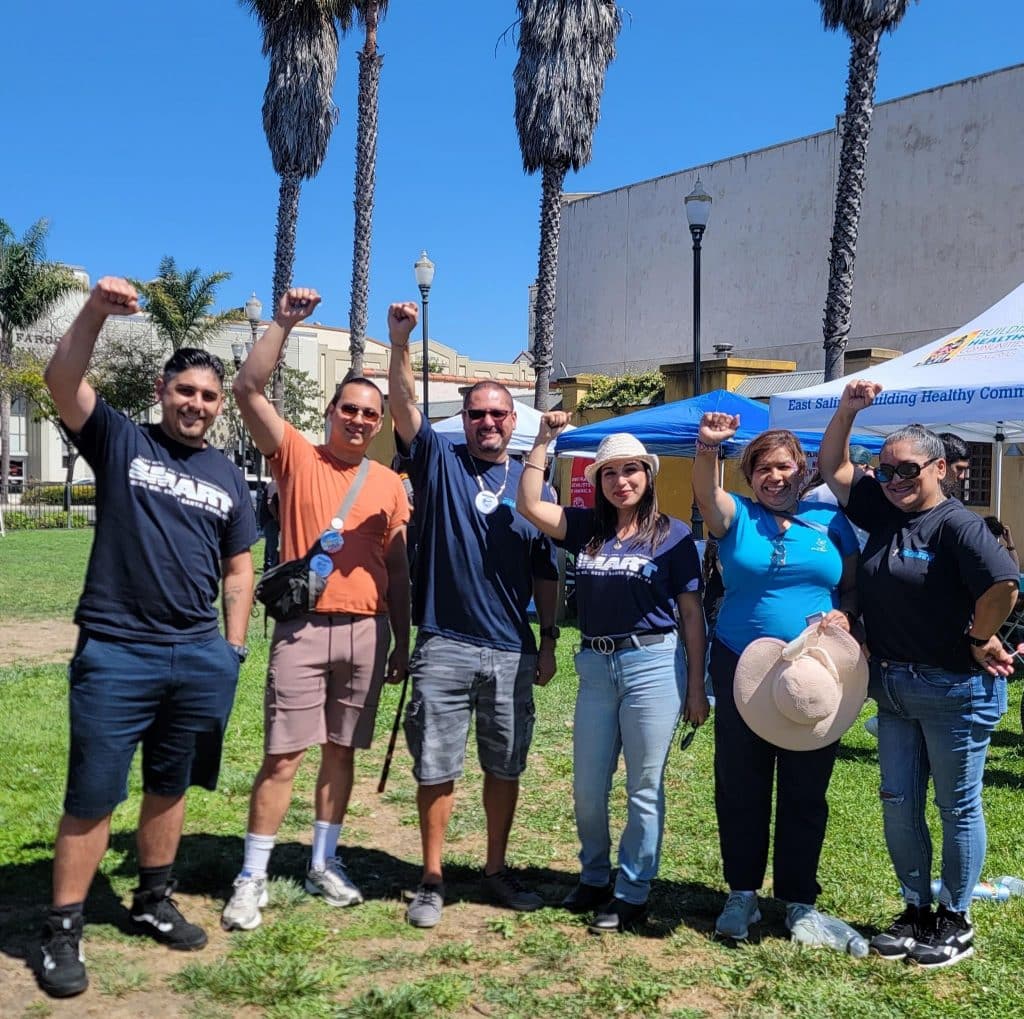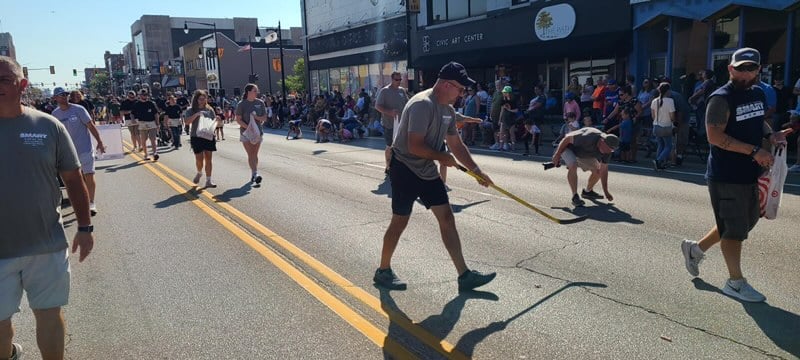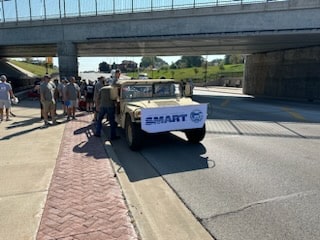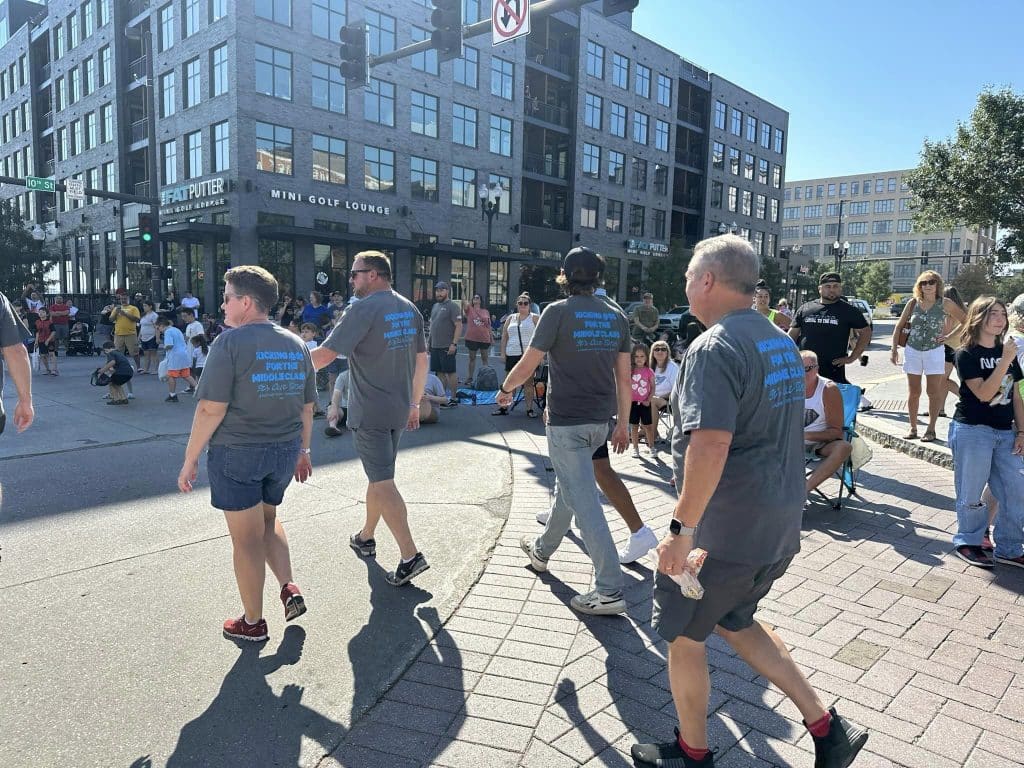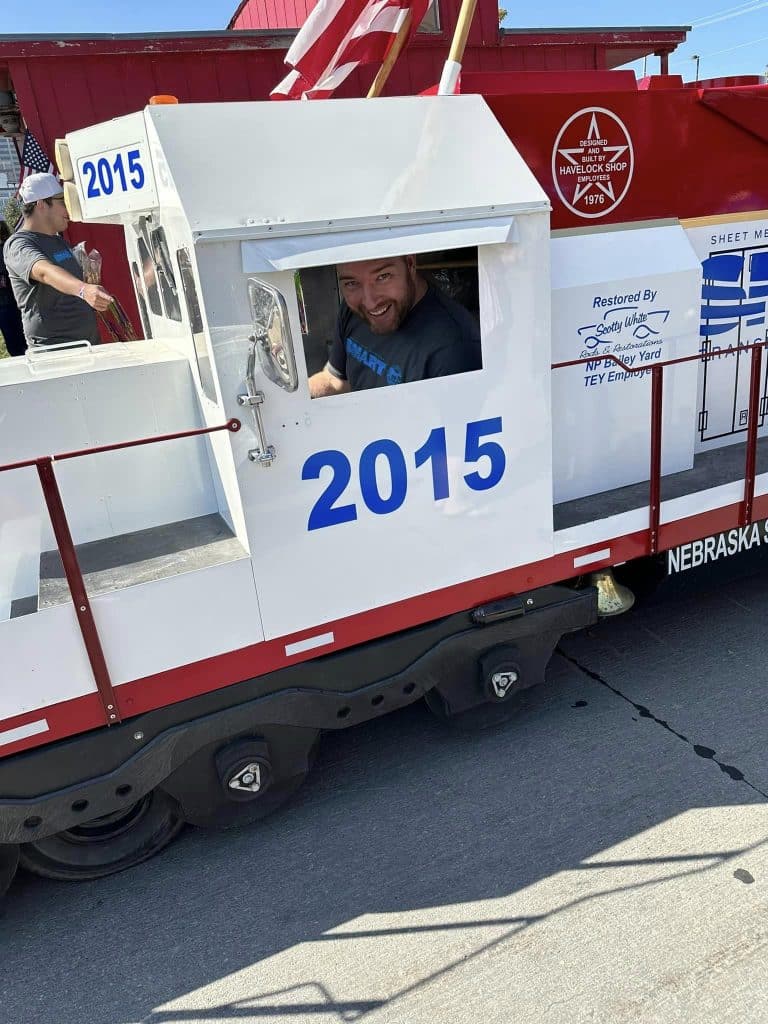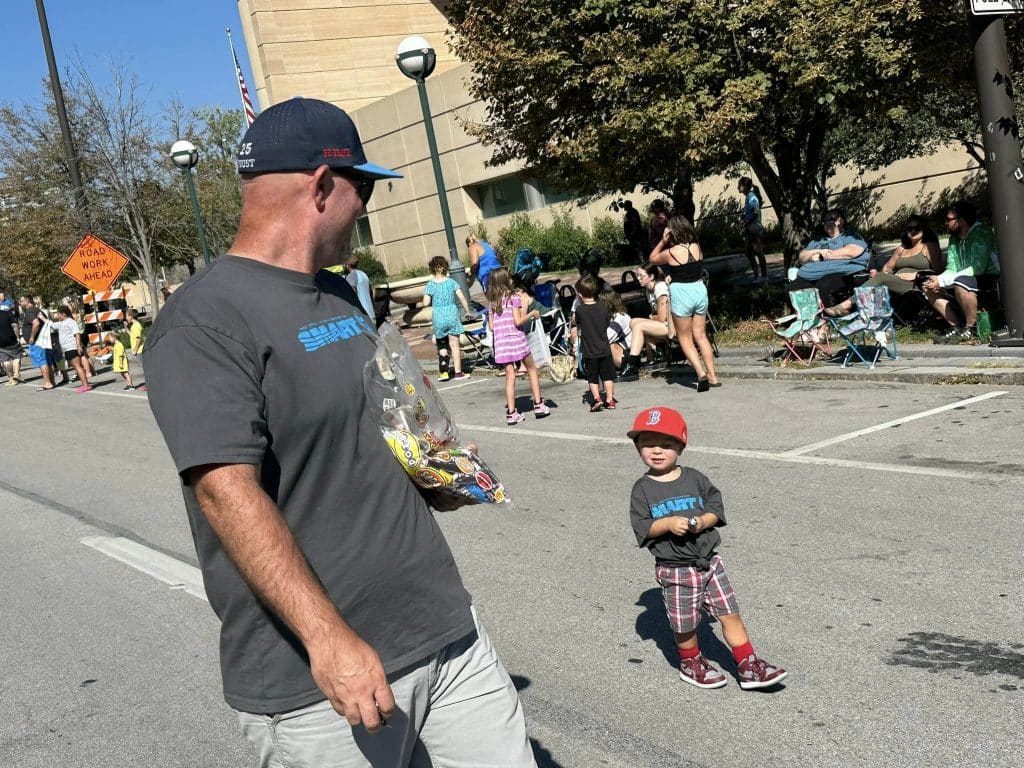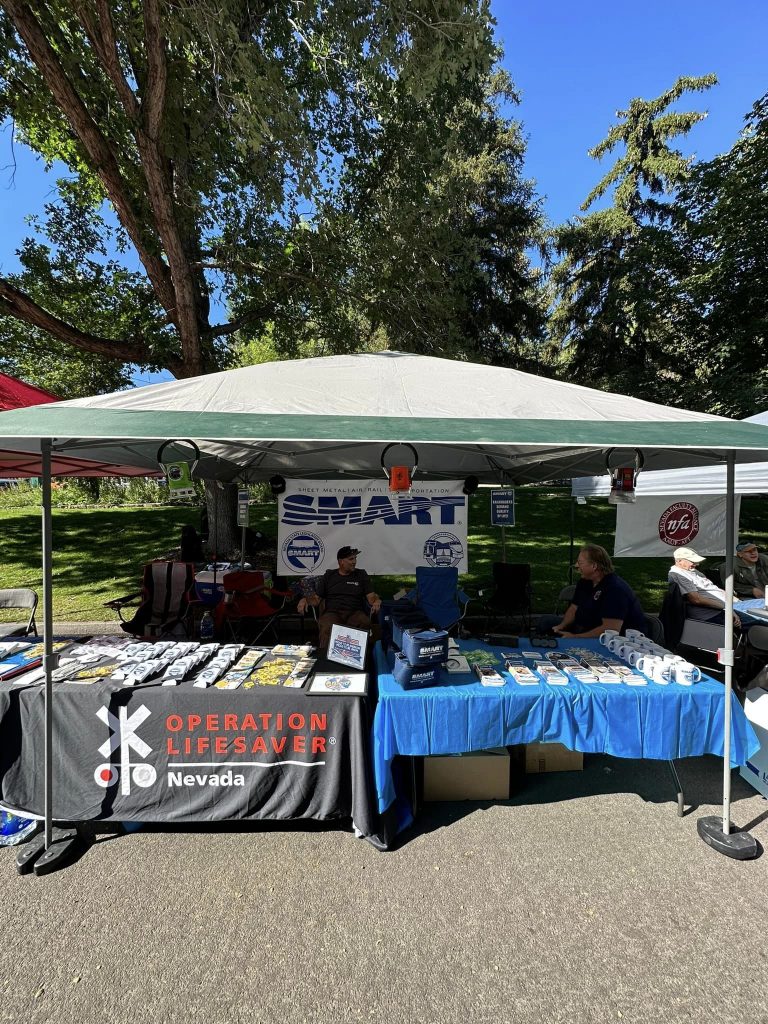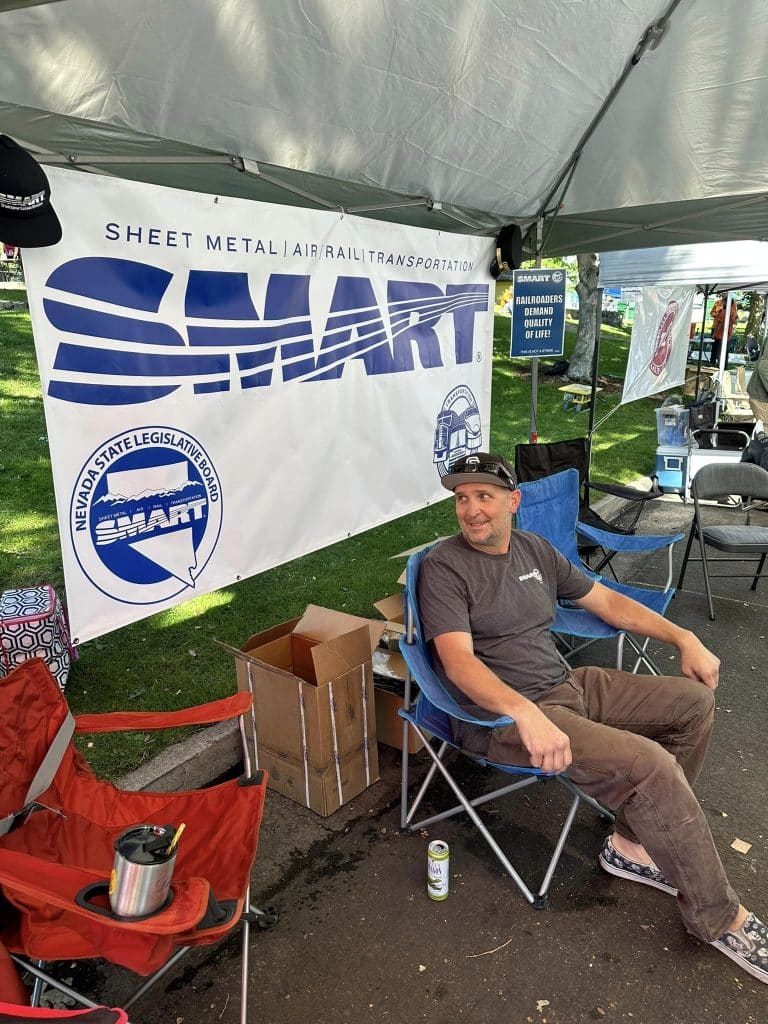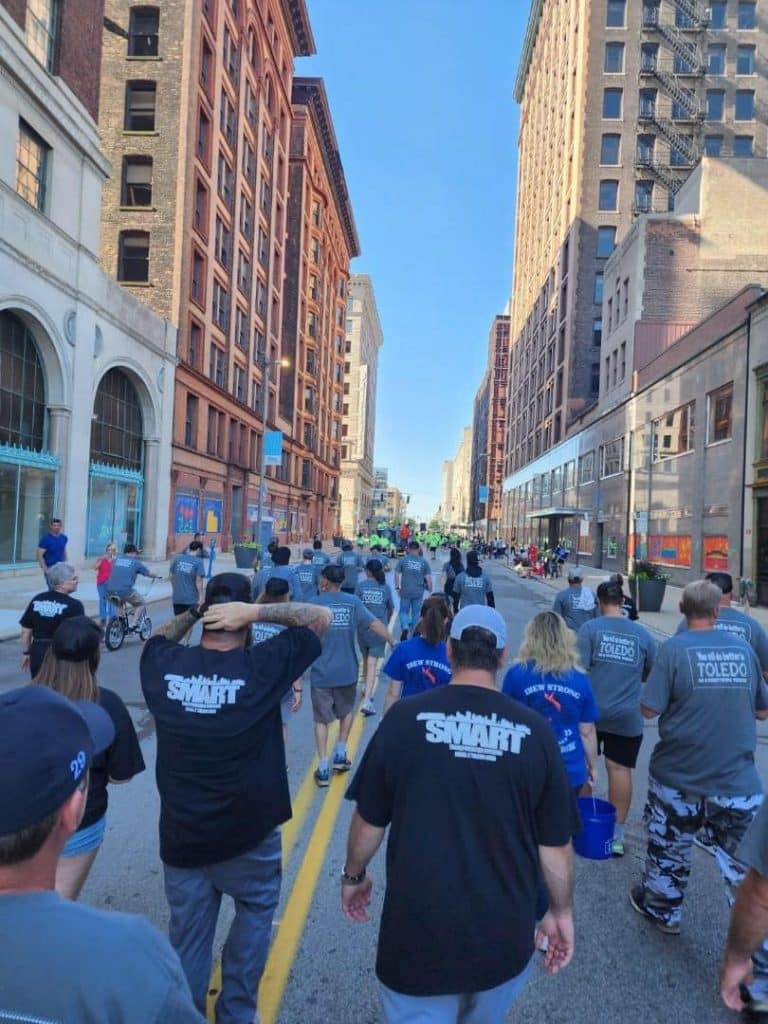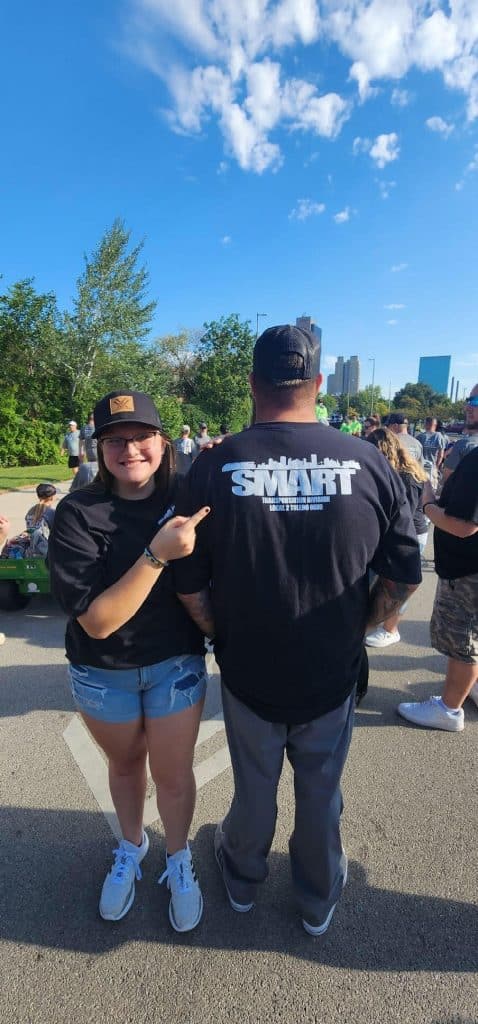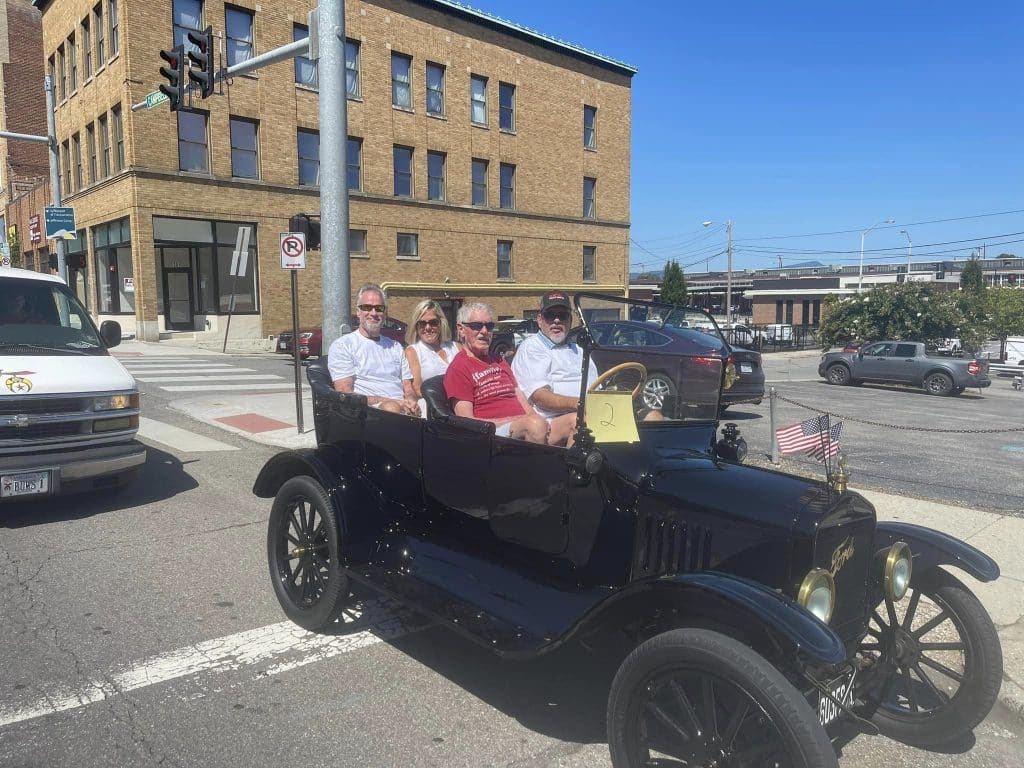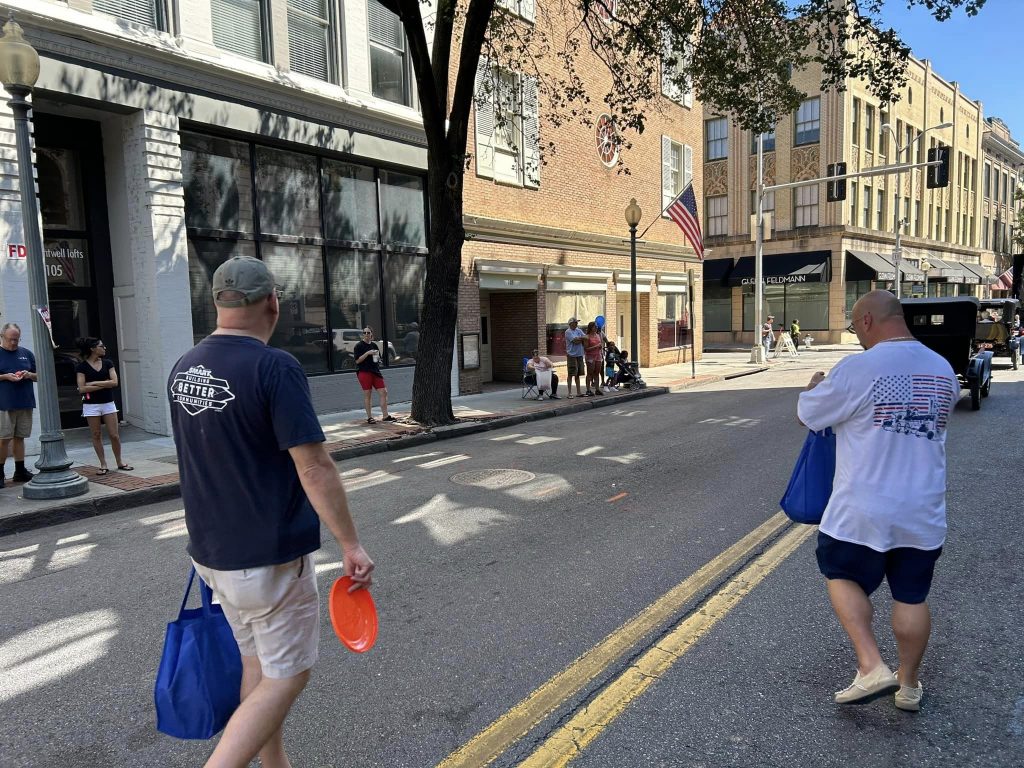SMART Transportation Division members are reminded that Local President, Vice President, Secretary and Treasurer, Board of Trustees (3), Legislative Representative, Alternate Legislative Representative, Delegate, and Alternate Delegate elections are scheduled to be held this autumn, with nominations to be taken in October 2023 and elections conducted in November 2023.
Locals must solicit for the nomination of candidates in October seeking to fill the three-year Local officer positions described by the SMART Constitution’s Article 21B, Section 56. Positions include President, Vice President, Secretary and Treasurer, Collector (where applicable) and the three-member Board of Trustees. Locals must also solicit for the nomination of candidates in October seeking to fill the four-year legislative offices. Those eligible to hold office as a Legislative Representative or Alternate Legislative Representative must be qualified voters, meaning they are registered to vote. The duties of a Legislative Representative are listed in SMART Constitution Article 21B, Section 66.
Also this autumn, Locals must solicit for the nomination of candidates in October seeking to fill the positions of Delegate and Alternate Delegate. The Delegate will represent their Transportation Division Local at the SMART Transportation Division Convention. That convention immediately precedes the SMART General Convention. Locals entitled to additional Delegates to represent them at the General Convention will elect those additional Delegates in June 2024.
Members are also reminded that any existing Local vacancies should be addressed during these elections.
Local Secretaries and Secretary-Treasurers should take steps now to ensure their records reflect accurate membership listings and mailing addresses.
As per the constitution’s Article 21B, Section 57, nomination meetings must be held in October, with election tabulations conducted in November. Winning candidates generally will assume their offices on Jan. 1, 2024. Those filling a vacancy, however, take office immediately.
SMART Constitution Article 21B, Section 58, contemplates an installation ceremony for officers named in Article 21B, Section 56. Those elected officers who must present themselves at a regular or special meeting for installation within 60 days following their election include President, Vice President, Secretary, Treasurer (or Secretary-Treasurer), and Trustees. Section 58 does not apply to LCA committeepersons, Delegates, Alternate Delegates, Legislative Representatives or Alternate Legislative Representatives.
In most cases, candidates must garner a simple majority of valid votes cast to win election to a Transportation Division office. (A simple majority means more than half.) In the case of the Board of Trustees, winning candidates must obtain a majority of the ballots cast.
The process begins
For the Local’s Secretary or Secretary-Treasurer, the election process begins with an effort to update the membership roster, ensuring accurate addresses are on file for each member. Our constitution requires each member to keep the Local Secretary and Treasurer advised of their current home address. At the same time, U.S. Department of Labor regulations and the Labor-Management Reporting and Disclosure Act (LMRDA) require the Local to take steps to update addresses in advance of an election.
Members can update their address by contacting their Local Secretary, Secretary-Treasurer, or Treasurer, or can do so themselves using the SMART App.
Nominations
The Local Secretary must post a notice at least 10 days in advance of the October nomination meeting indicating when and where nominations for affected positions will take place. The notice should include which positions are open for nominations, and should indicate how nominations can be made, especially by those who cannot attend the nomination meeting. Notices should be placed in as many locations as needed to ensure it can reasonably be concluded that all members had an opportunity to see the notices.
All Locals have been mailed instructional packets that include samples of the nomination notices which must be conspicuously posted where it can be reasonably calculated to inform all affected members. While nomination notices are not required by law to be mailed directly to all affected members, it is highly recommended that the postcards available for this purpose be obtained from our Supply Department and mailed to all members.
Nominations may be made by any member in good standing from the floor at the nomination meeting. Nominations do not require being seconded. Any member may self-nominate. If a member wishes to self-nominate or nominate someone else, but can’t attend the meeting, nominations can be entered through a petition. A nomination petition must state the name of the nominee, the position for which the member is being nominated, and must carry at least five signatures of members eligible to vote. No nominations can be accepted following the close of the nomination meeting. A nominee need not be in attendance at the nomination meeting for the nomination to be valid. Those currently in a position are NOT automatically renominated for that position. Anyone wishing to be a candidate in an upcoming election must be nominated by petition or at a nomination meeting.
If only one member is nominated for a position, that member can be declared elected by acclamation.
Those in so-called E-49 status are eligible to run for office, but they cannot self-nominate or nominate others and they cannot vote. If elected, acceptance of pay from the company or the union creates a dues obligation.
In all cases, a notice of the election must be mailed to all members, including those in E-49 status (but not including retirees). If your Local is conducting its election by mail, the mailed ballots can serve as the required notice of election, but such ballots must be mailed at least 15 days in advance of the date of tabulation, and must be mailed to those in E-49 status. (The Tellers will determine on the day of tabulation whether a member is in E-49 status and his or her vote should be counted.) The Department of Labor does not count the day of mailing as part of that 15-day window, but it does count the day of tabulation.
Those conducting floor votes can obtain postcards notifying members of the time, date and place of the election from our Supply Department. These notices must be mailed at least 15 days in advance of the date of tabulation.
Eligibility
To be eligible to vote, all dues and assessments must be paid within the time frame specified by the constitution. Article 21B, Section 49, indicates dues are to be paid in advance, before the first day of the month in which they are due. Eligibility to make nominations or to be nominated is similar. This means, for example, for a nomination meeting in October, the nominator and the nominee must have paid all dues obligations prior to October 1. To vote in November, the voter must have paid all dues obligations prior to November 1.
More information
Members are encouraged to consult Article 21B of the SMART Constitution for information regarding elections. Unless an item within Article 21B directs you to a further stipulation outside of Article 21B, only the provisions found within Article 21B are applicable to Transportation Division elections. The local election process is addressed directly by Article 21B, Section 57.
Members can consult their Local officers to examine the election guidance material distributed by this office.
Questions?
There are many provisions not covered by this article, including those which address candidates’ rights and permitted means of campaigning. Those with election questions are urged to call the Transportation Division office at (216) 228-9400 and follow the prompts for the President’s Department. It’s always easier to address issues in advance than after the fact.
